#ChemEngCatchUp Episode 2 – Dr Thomas Vetter
Meet the Department 18th December 2015
Hello all! Thanks for coming back for the second #ChemEngCatchUp. I know I said you’d see this series return on the last Friday of the month, but I’ll doubt you’ll be reading it on Christmas or New Year’s Day – so
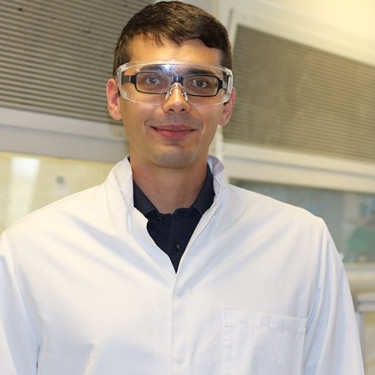
here it is!
Did you all enjoy the last episode with James Winterburn? I know I did. And there’s more to come from him in the not too distant future.
Now, though, we’re moving onto Dr Thomas Vetter. In one of my earliest meetings with the Head of School and other colleagues, Thomas was mentioned as a researcher I should definitely be chatting to. After ten minutes in his company, I could see why. Thomas is one of the most enthusiastic and passionate researchers I remember talking to, as you’ll see in the interview below:
Hi Thomas – thanks for joining us. We’ll get the tricky one out the way first. Can you please explain your research, for the layman, in ten sentences or less?
My research is really about scaling up chemical processes, specifically crystallisation processes.
So, crystals are around everyone in daily life. For example, the sugar you put into tea or the precursor of nylon which is also crystallised. Crystals are in a lot of different products. Basically, making a small laboratory style process to a larger scale and still having the beneficial qualities of the process on a larger scale – that’s the goal of my research.
So there’s of course fundamental work, but also this scale up and processing work. It has applied parts, and also the fundamental parts.
And can you tell us a bit about how your research benefits the public?
Right so, one option is – I focus on pharmaceuticals.
In that area, of course, when I do a good job, or when the industry takes up my research, then it leads to price reductions or time to market reductions. So that means that pharmaceuticals might be available faster or might be cheaper. And that, of course, is highly beneficial to the general public. I would say in any Western state, but also, specifically the UK.
Wow – definite some huge benefits there. So, how did you first get interested in your research area?
Yeah, so I started doing my Masters’ thesis at ETH Zurich in Switzerland and that’s where I’d already got into that research field of crystallisation. I kept on going because I thought it was a highly interesting field.
So, understanding how molecules from a liquid move to a crystal where it’s perfectly ordered, that’s highly – well, it seemed highly exciting to me. And I think there are many different things to look at in that field. Understanding processes, understanding the fundamentals, and then also improving the product qualities!
And going back a bit further, then, can you tell us who or what first inspired your interests in science and engineering?
I would say that probably the first person that really inspired me to go into science was my high school teacher of Chemistry. He was a very good teacher, highly enthusiastic, highly proficient in how he was teaching, and just a general nice chap, I would say.
But then, of course, I had other very good mentors during my career. So my PhD supervisor, my post-doc supervisor, and now in Manchester I actually have another great mentor.
So I’m continuously getting dragged further into the science field. I think it’s really a combination of being interested, having the skills for it, and then meeting the right people that you can profit from.
What about your interests outside of work? What do you get up to in your spare time?
I like to run, I like to do physical exercise – so that’s one part. The other thing is, of course, I like reading. So I like reading plays, I like watching plays, I like watching television. So that’s about it, in terms of these activities.
I like travelling as well. And, of course, my job is great for that as well. So I can go travelling to conferences, I can meet other people there, and you can always visit the cities when you’re on a conference, which is great.
So really my job also supports these activities, right? It’s great.
Certainly sounds great! Maybe I need to be going to more conferences. Back to work, then – can you tell us how has being here in Manchester has helped your work and your research?
I think one of the most appealing things when I joined the department was that it recruits a lot of new people. So at the moment in the department we have a good mixture between, let’s say, experienced academics, where you can of course profit from their experience, and newer academics which are just starting their career. So it’s a highly exciting period.
And there’s, of course, the Manchester Engineering Campus Development. So we’ll have a new building, which is quite an exciting time. So you can help with planning that.
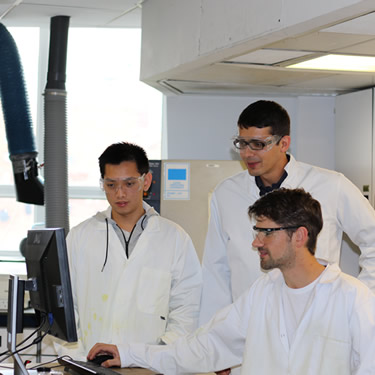
Then another thing is heritage – chemical engineering was basically born in Manchester, starting with the textile industry.
And also the quality of the equipment that we have access to – I think it’s really a no-brainer as a chemical engineer to be here. And it’s an exciting time to be here, as well.
Thanks, Thomas – what a fascinating interview. It’s great to hear that our researchers are at the heart of such integral work, and hopefully we’ll hear more from you on the blog in the future.
Readers, thanks for being here again. And please let us know what you think of the blog in the comments. Next month, the #ChemEngCatchUp will be with Professor Aline Miller. She’s involved in some truly inspiring work, so make sure you don’t miss out.
And in the meantime, keep coming back to the blog – we have plenty to tell you!
Chemical EngineeringCrystallisationPharmaceuticals. PhDThe University of Manchester


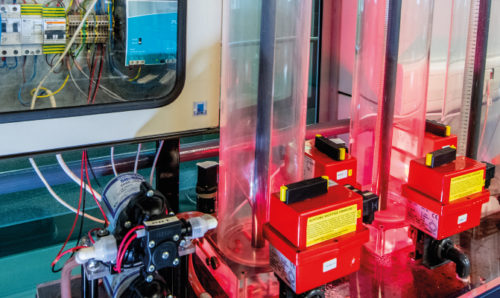
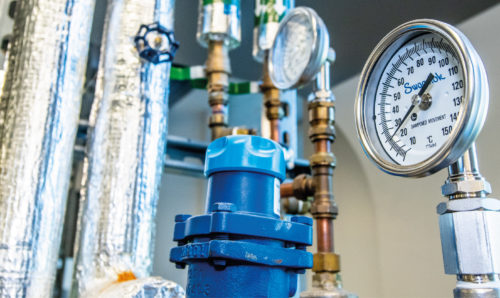
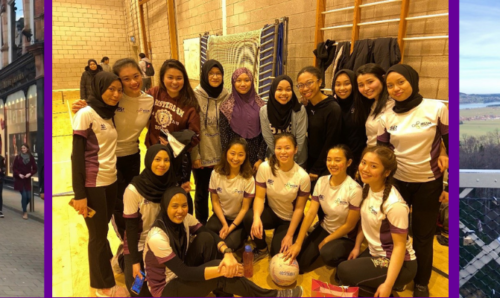
Leave a Reply